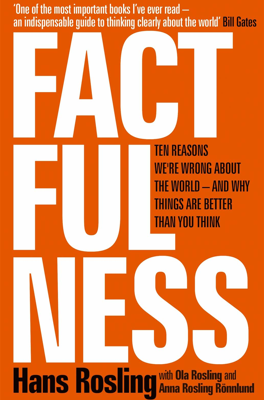The Urgency Instinct
The urgency instinct compels us to take immediate action in the belief that an issue is urgent and must be addressed right away. Hans Rosling illustrates this through various examples where urgent actions based on limited information led to devastating consequences.
Mistaken Actions and Tragic Outcomes
In Mozambique, Rosling's snap decision to set up roadblocks to prevent a suspected disease outbreak indirectly caused multiple deaths when people opted to travel by sea to bypass the blockade. Similarly, during an Ebola outbreak in DR Congo, another hasty roadblock decision stopped crucial food supplies, spurring another health crisis.
Recognizing and Misinterpreting Urgency
Rosling emphasizes that the sense of urgency, while useful in immediate life-threatening situations, often leads to poor decision-making when applied to complex social or global issues. Such urgency can result in actions that are misinformed or overly drastic, causing unintended negative consequences.
Learning to Control Urgency
- Pause and Analyze: Always take a moment to breathe and ask for more information, rather than making rushed decisions.
- Demand Relevant Data: Urgent decisions should be informed by accurate and relevant data, avoiding decisions based solely on assumptions or incomplete information.
- Skepticism Towards Predictions: Be cautious about predictions of the future, especially those that only present the worst-case scenarios without acknowledging uncertainty.
- Consider Long-term Consequences: Before taking drastic actions, consider possible side effects and alternate solutions that might not be as immediate but are more sustainable.
Rosling advocates using "factfulness" to approach global and complex issues methodically and without panic, ensuring that solutions are based on solid data and comprehensive analysis, not on a misguided sense of urgency. This approach helps to avoid the pitfalls of hasty decisions while still addressing important issues effectively. By resisting the urgency instinct, we can focus our energies on true global risks through collaborative, calculated, and data-driven strategies.
